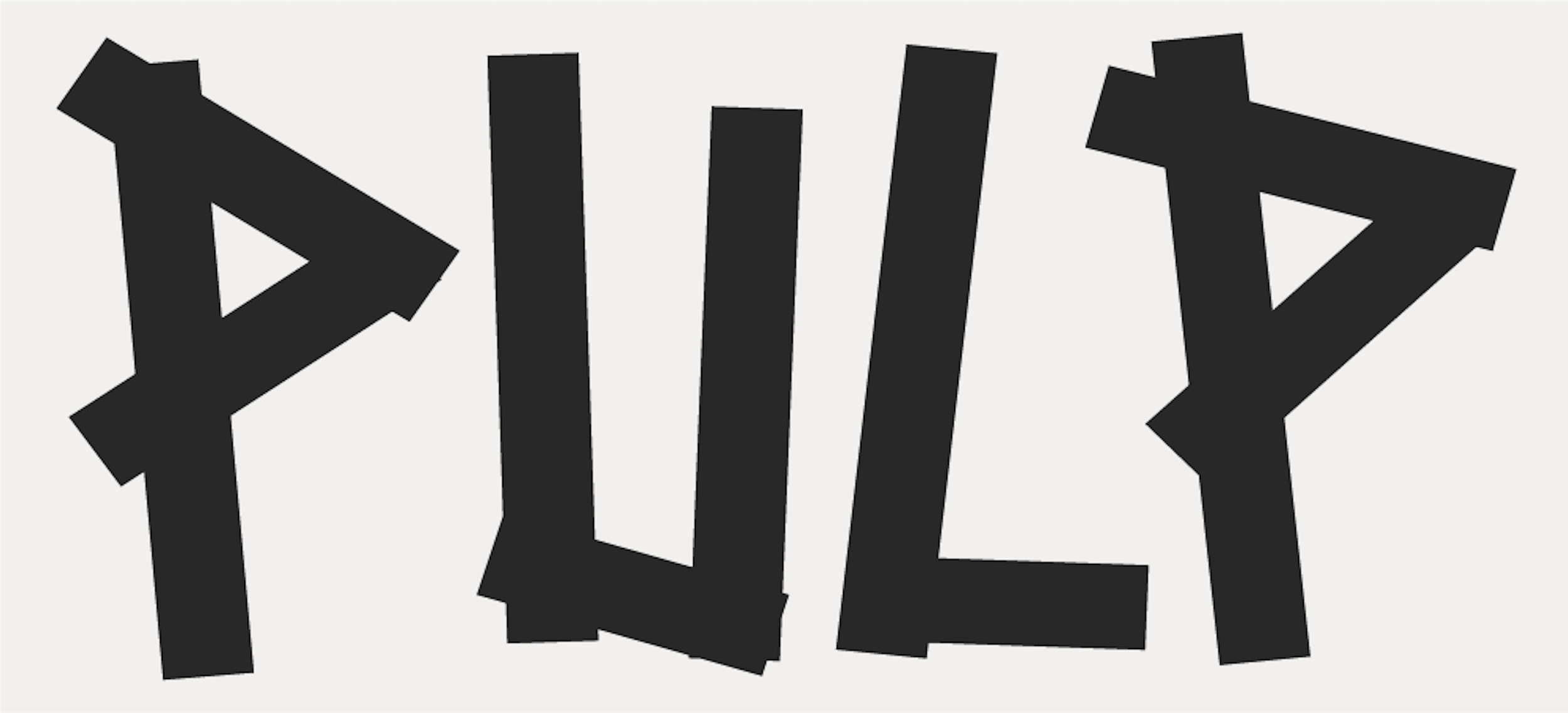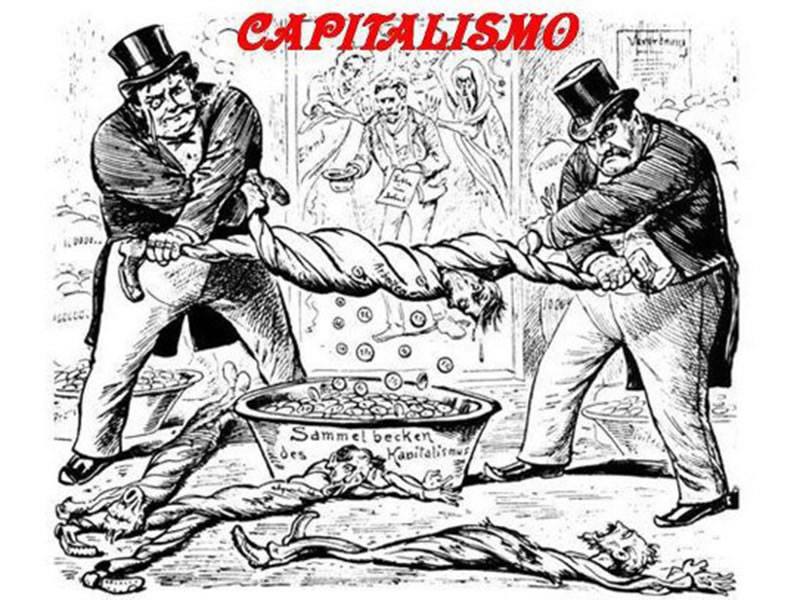What Marx may have miscalculated about capitalism
WORDS BY ALEXI BARNSTONE
In 1848 Karl Marx published the Communist Manifesto. The text predicted the inevitable collapse of capitalism and, from the ashes, the rise of a new economic order. Marx had brilliant insights into the natural inequality of the capitalist economic system, and from those insights drew bold predictions about the evolution of our economic structures and institutions. His key assertion was the proletariat revolution. A revolution in which the working class reclaims the means of production from their exploitative capitalist counterparts, redistributing the benefits of industry in a socialist framework. This socialist state would then lead to communism, an entirely new economic system never seen before. But where is our proletariat revolution? In his day Marx was convinced he was witnessing the start of the end. That was over a hundred and fifty years ago, and capitalism is still going strong. We cannot forget the fact that there still may be a proletariat revolution in the future, since we still exist in a capitalist market. Only after a different evolutionary path is taken, can we conclusively state that Marx was entirely wrong about the evolution of economics. However, capitalism has succeeded in maintaining itself so far. Though brilliant, Marx must have underestimated capitalism’s capacity to adapt to preserve its own mechanism. One of these adaptations that sprang off the back of the industrial revolution was the creation of the welfare state. Has this adaptation stagnated our drive toward equality?
Democracy and Communism are not Dichotomous
To properly analyze Marx, we must first make a clear distinction about what is meant by Communism. In Marxist terms, communism was more than a form of government. It was the economic mechanism that would supersede capitalism. A great number of people have confused Marx’s ideology with the ‘communist’ societies we have in our world today. It is imperative that one understands that these countries are not representative of the Marxist ideology.
In fact, Marx never actually defined what a communist government would look like. Why? Simply because he did not know, it did not exist yet. His opinion was that a communist system would evolve out of peak capitalism. That people would “find the new world through the criticism of the old”. Logically, establishments had to move through capitalism to then arrive at the next economic mechanism. No current red countries did this. Russia, for example, leaped over capitalism and went directly from a feudal system to a Lenin adaptation of communism. From a Marxist perspective this is not a natural the evolutionary cycle of economics and government. Russia could not refer to a capitalist era to derive a new state system because they never went through that phase. Hence, they are not truly communist and subsequently the Russian revolution was not a proletariat revolution.
In Marxist economics, democracy and communism do not sit on opposite ends of a spectrum. This is a misconception propagated by the west since before the cold war. The west, and particularly the USA, educate us to pit democracy, and its encompassment of freedom and equal rights, against modern communism, and its authoritative and punitive rule. We learn that communism is a form of government that is anti-freedom. That, however, could not be further from what its definition truly is. For Marx, communism would be a follow on of a socialist state in which citizens had an equal and democratic way of making state decisions.
“the working man has nothing to lose but his chains”.
According to Marx, capitalisms fatal flaw was its exploitative nature. It was an economic system that sewed selfishness into our human character. The upper class, whom he coined the bourgeois, owned all the modes of production. Because they controlled the output and had to continually create more profit and growth in industry, they would systematically exploit the proletariat. Wealth was incredibly unevenly distributed. The bourgeois, with all the profits from industry, continued to get wealthier and wealthier as the working man earned the bare minimum for survival. Marx prophesized that the working class, fed up with being exploited by the bourgeois, would enter open rebellion and overthrow the current system. Reclaiming the mode of production and creating a socialist state, where everyone gets to reap the benefits of industry equally. This is Marx’s great provocative call to arms.
So where is our Proletariat Revolution?
In the mid eighteen hundred Marx was already convinced that he was witnessing the start of the end of capitalism. And yet, over a hundred and fifty years later here we are steadfast in the same economic framework. Capitalism has proven to have far more perseverance that Marx thought. It has proved far more capable of reforming and adapting than the Marxist school assumed.
One of the adaptations is the creation of the welfare state. In response to growing unrest within the working-class community the governments of capitalist countries began to implement policies protecting laborers. Health insurance, industrial accident insurance and bans on child labor come into formation around the 1870s. From there working conditions in capitalist countries have incrementally improved to this day. Marx himself actually warned against this phenomenon. In the third section of the Communist Manifesto he alludes to something he calls Bourgeois Socialism, where the wealthy take the side of the proletariat and increase their benefits. According to Marx however, this was nothing short of a conspiracy of the wealthy to preserve the status quo of capitalism. By sacrificing a little of their gains and giving it back, they did not lose the majority of their enormous wealth through a revolution.
At least to date, no proletariat revolution has occurred. Is this because of the creation of the welfare state? Has our collective strive for economic equality been halted by the incremental appeasing of our distaste for the status quo? Has the provision of decent minimum wage, health insurance and other benefits stopped us from stripping the ludicrously wealthy of their fortunes? And will the proletariat revolution ever occur? Only time can tell.


